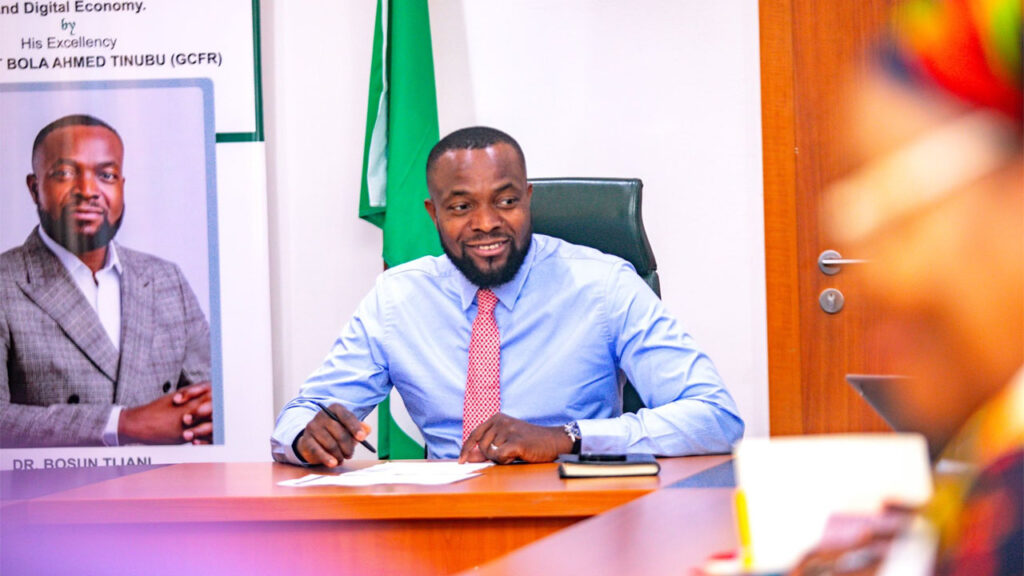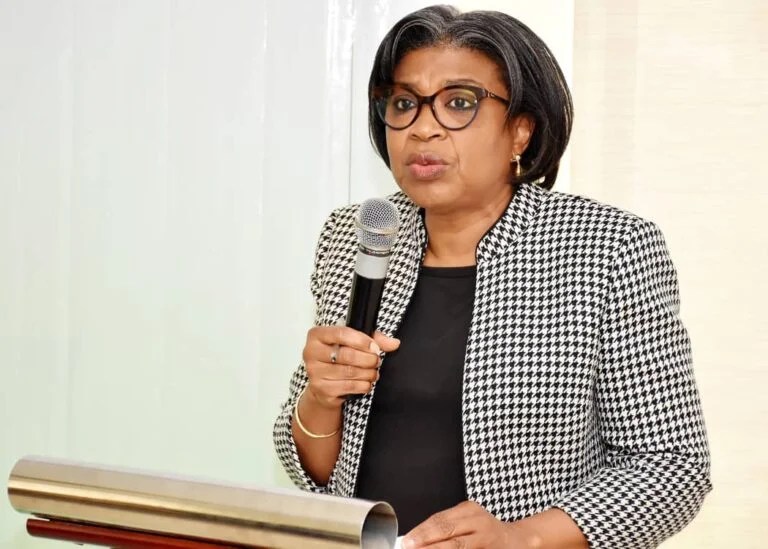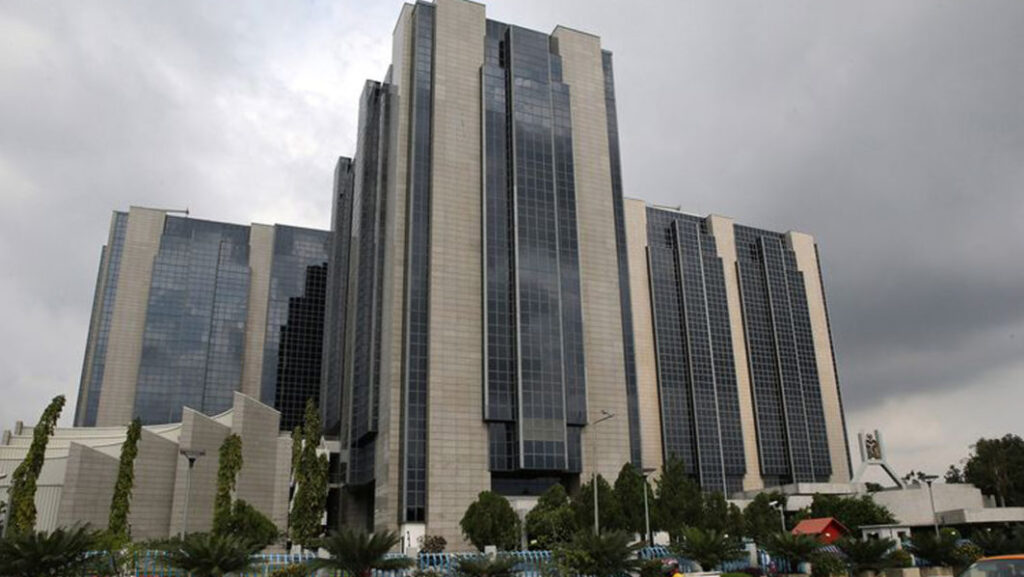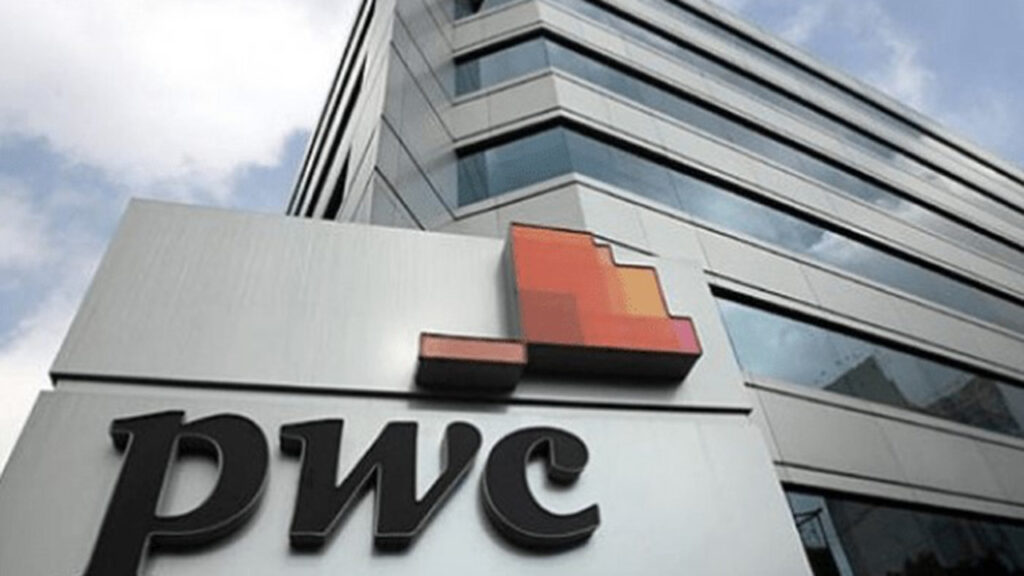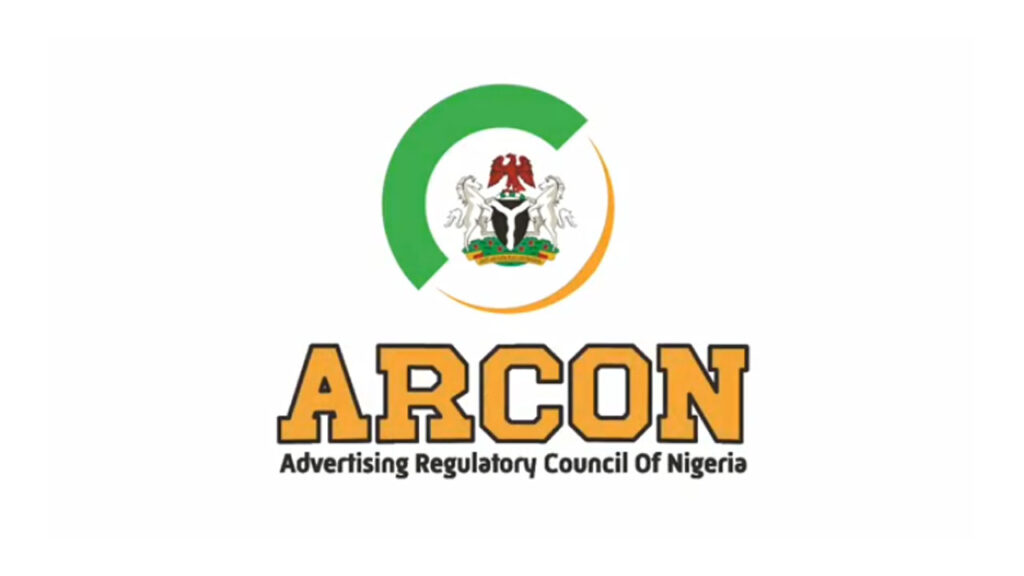 After a poor show in the global budget survey- the Open Budget Index, a ranking of budget processes measured by transparency, inclusiveness and implementation, from 2012 to September 2015, it is only instructive for the country to pick up the recommendations, as well brace up for actions to make a “restitution” sort of. Indeed, the country’s knack for negative indices should begin to assume change propositions. Why?
After a poor show in the global budget survey- the Open Budget Index, a ranking of budget processes measured by transparency, inclusiveness and implementation, from 2012 to September 2015, it is only instructive for the country to pick up the recommendations, as well brace up for actions to make a “restitution” sort of. Indeed, the country’s knack for negative indices should begin to assume change propositions. Why?
In September, countries gathered at the United Nations to finalise the next generation of international development goals, known as Sustainable Development Goals (SDGs). Effective implementation of the ambitious set of goals would make significant strides toward combatting poverty and addressing many of the world’s greatest development challenges and at present, about 40,000 country and civil society participants are attending the Conference of the Parties to the United Nation Framework Convention on Climate Change (COP21). Nigeria is wholly a part of these arrangements.
But the ultimate effectiveness of either potentially sweeping new global agreement will depend in no small part on the national budget policies adopted to support their implementation, and whether the resources mobilized are spent in an effective and efficient manner. This is a cause for concern.
A key weakness of the current development goals has been the absence of sufficient budget information to monitor the investments necessary for their pursuit, and to hold government and donor agencies accountable for the results.
Certainly, for either international initiative to be successful, it is imperative that comprehensive budget information be widely available, that meaningful opportunities for civil society and citizens to express their voice regarding budget decisions and oversight be provided, and that strong independent oversight from the legislature and auditors exists.
The centrality of budget transparency, participation, and oversight to address global and country challenges has become received wisdom among international institutions, many individual governments, and donors.
Indeed the international standard setters in the fiscal transparency arena, including the International Monetary Fund (IMF), the Public Expenditure and Financial Accountability Programme and the Organisation for Economic Co-operation and Development (OECD), have each revised models since 2012.
The recent OBI results became more worrisome for the country with its low level of performance among African countries, with South Africa being advanced in stage, followed by Sierra Leon, Ghana, Liberia and São Tomé and Principe, while Nigeria could only beat Equatorial Guinea.
The Open Budget Index, operated by the United States-based International Budget Partnership (IBP), is the world’s only independent and comparative measure of budget transparency and currently tracks 102 countries, under about 140 budget related indicators.
Specifically, the indicators subsumed in the three major heads- Transparency, Public Participation and Budget Oversight, which the country failed, were pointing to the lingering mismanagement of public fund, poor implementation of budget and oversight and rising level of poverty as well as inequality.
The representative of IBP, Elena Mundo, while unveiling the report, said the study followed the internationally accepted criteria developed by the International Monetary Fund, Organisation for Economic Cooperation and Development and the International Organisation of Supreme Audit Institutions.
According to her, budget are more of imposed on the people than public engagement in the process and government failed to make reports available for public, but kept it for internal use, while audit oversight function is limited.
“Nigeria scoring 25 out of 100, against 61 taken as sufficiency level, tells a pretty bad situation. But it doesn’t meant that there is no opportunity to reverse the ugly development. Government begin to make its budget document open to the public for input and in timely manner.
“Of course, making documents and information available can eliminate covering of real issues, even the media will be able to determine whether public finances are actually implemented. Citizens should be in the know, that is the way to go,” she said.
The Lead Director of CSJ, Eze Onyekpere and one of the conveners of the event, said the presentation of the findings of OBI,with a poor performance for the country is both saddening and a wake up call.
“Nigeria, performing poorly, even below little countries that should learn from us shows how lack of transparency bred grounds over the years for corruption to thrive, as well as provide grounds for the mismanagement of public funds.
“We have moved on to the ‘Change’ era, which should begin immediately to effect the needed changes. The mantra is about changing from old ways because this rating is not about this administration, but the last one.
“Nigerians will not demand less of President Muhammadu Buhari, given his pedigree and integrity. So, we need the change in action, because the next rating will be about his government’s budgeting process and we want an improvement,” he said.
For Ralph Ndigwe of the Civil Resource Development and Documentation Centre, Nigeria’s OBI 2015 score of 24 out of 100, which is about half the global average score (45) for the 102 countries surveyed, indicates that the government provides the public with little information on the central government’s budget and financial activities assessed by the Survey.
“This makes it virtually impossible for citizens to hold the government accountable for its management of the public’s money. Nigeria’s OBI score essentially remained the same from 2008, with only slight improvement in 2015.
“We must prioritise actions to improve budget transparency. We must begin to publish our mid- year review and audit report; the pre-budget statement and in-year reports in a timely manner; increase the comprehensiveness of the executive’s budget proposal by presenting more details on classification of expenditures.
“To improve budget participation, we must establish credible and effective mechanisms- public hearings, surveys, focus groups for capturing a range of public perspectives during budget planning, and introduce public engagement mechanisms to support monitoring of budget implementation; hold legislative hearings to review and scrutinize audit reports; and Establish formal mechanisms for the public to assist,” he said.



